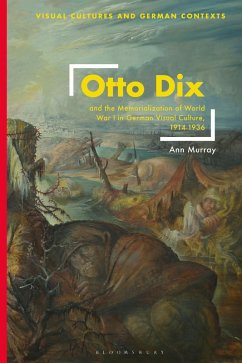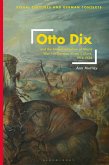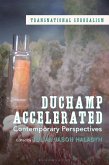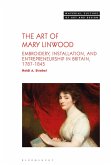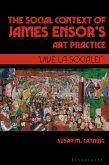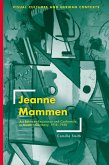This book examines the confrontational war pictures of Otto Dix (1891-1969) and explores their role in shaping the memory of World War I in Germany from 1914 to 1936.
Dix's thirty-eight months on the World War I battlefields profoundly influenced his post-war artistic career, saw him produce some of the most enduring images of the conflict and establish himself as one of Europe's leading modernists.
Offering substantial new research and presenting numerous primary sources to an English readership for the first time, the book examines Dix's war pictures within the broader visual culture of war in order to assess how they functioned alternatively as cutting-edge modernist art and transgressive war commemoration. Each chapter provides a case study of the first public display of one or more of Dix's war pictures at key exhibitions and explores how their reception was subjected to changing socio-political and cultural conditions as well as divergent attitudes to the lost war.
Bringing a unique perspective and original scholarship to Dix's war works, this book is essential reading for art historians of World War I and the visual culture of Weimar Germany.
Dix's thirty-eight months on the World War I battlefields profoundly influenced his post-war artistic career, saw him produce some of the most enduring images of the conflict and establish himself as one of Europe's leading modernists.
Offering substantial new research and presenting numerous primary sources to an English readership for the first time, the book examines Dix's war pictures within the broader visual culture of war in order to assess how they functioned alternatively as cutting-edge modernist art and transgressive war commemoration. Each chapter provides a case study of the first public display of one or more of Dix's war pictures at key exhibitions and explores how their reception was subjected to changing socio-political and cultural conditions as well as divergent attitudes to the lost war.
Bringing a unique perspective and original scholarship to Dix's war works, this book is essential reading for art historians of World War I and the visual culture of Weimar Germany.

